The leaders of Lebanon’s political groups have announced that they will participate in the conference to discuss ways to resolve the current crisis.
Kouchner brought up the idea in a meeting with Lebanese Free Patriotic Movement leader Michel Aoun.
Although France presented the initiative after a long delay, if the leaders of Lebanon’s factions show determination, the national crisis can surely be resolved.
With its longstanding ties with Lebanon, France is very concerned about political developments in the country and considers itself a true friend of Lebanon.
All Lebanese groups have shown interest in France’s initiative, but some are wary, wondering if Paris will be an impartial arbiter in efforts to settle the dispute between Lebanese Prime Minister Fouad Siniora’s government and his March 14 coalition and the opposition.
Clearly, the approaches that France adopted toward Lebanon and the rest of the region during Jacques Chirac’s presidency created ambiguity about its role in the Middle East.
Paris acted in line with the policies of Washington and Tel Aviv, and the former French president had personal relations with the leaders of one of the parties in the March 14 coalition, which made other Lebanese groups suspicious about France’s policies.
France can not deal with Lebanon as it did in the 1930s, but due to the close cultural and religious ties between a sector of Lebanese society and the French, France still feels a sense of responsibility in regard to developments in Lebanon.
Yet, unfortunately, Paris does not have a good record in Lebanon, especially in the case of Israel’s 33-day war against the country last summer.
In addition, the influence of the policies of the United States and certain European Union members over France has displeased non-Christian Lebanese parties, and they are not optimistic about the Paris conference.
Now that Chirac has left the Elysée Palace and Nicolas Sarkozy is preparing to put his stamp on French foreign policy, France should return to her traditional independent stance.
The Lebanese nation expects Sarkozy’s new government to show no favoritism toward any Lebanese group during the talks.
Paris should also consider the role of influential regional countries and the factors that would contribute to solving the Lebanon crisis.
Lebanon is definitely influenced by national and international developments. Thus, any solution that does not take Lebanon’s social, political, and religious character and the influence of regional countries into consideration will certainly fail.
RMN/HG
END
MNA


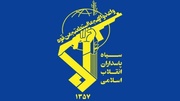
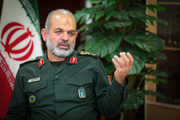
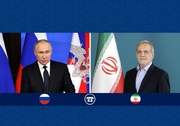
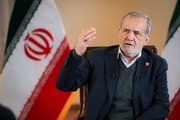
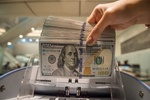
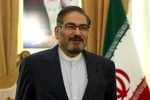
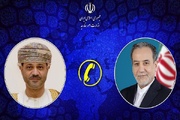
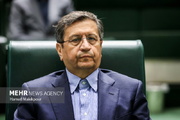
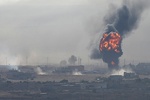
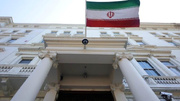
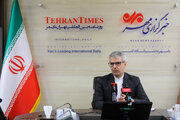




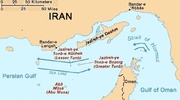



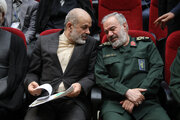
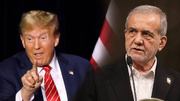


Your Comment